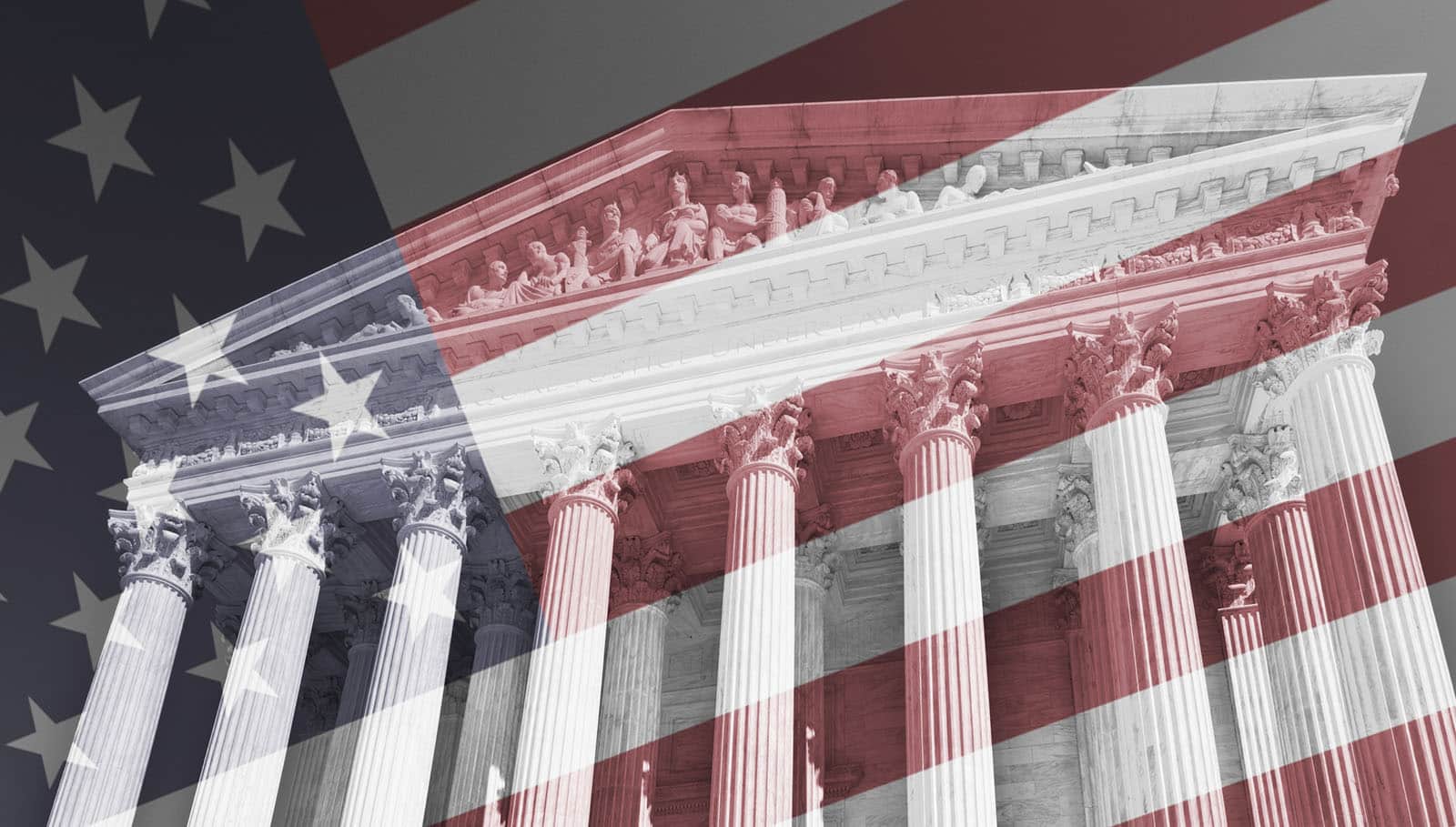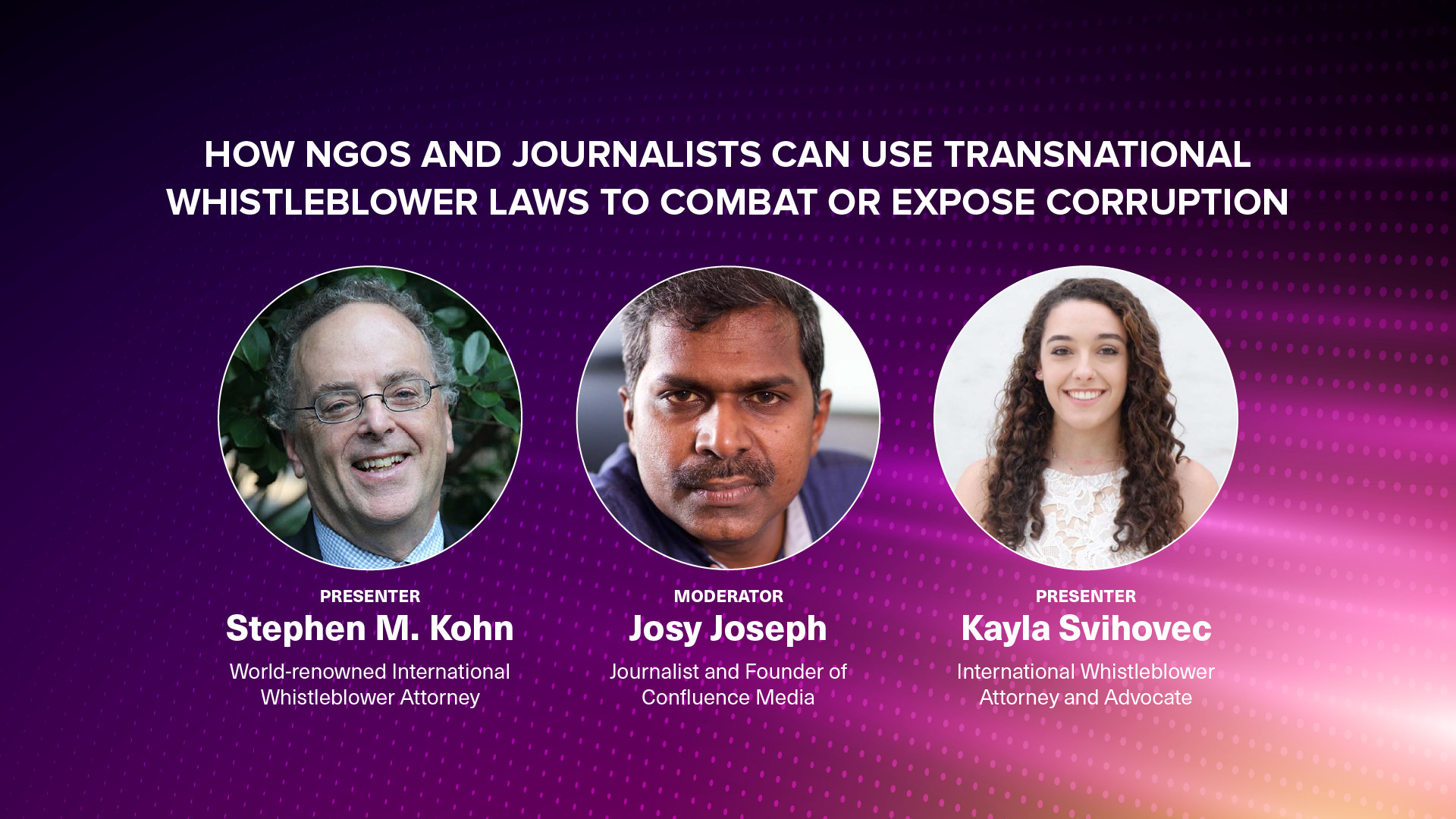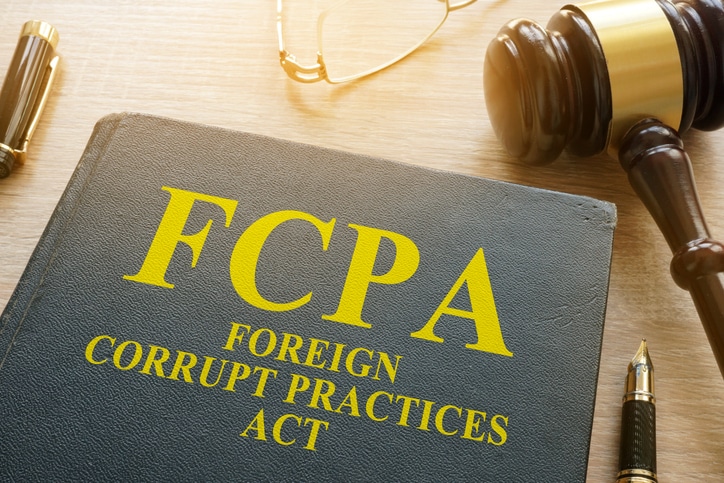Introduction
Corruption in Colombia is a pressing issue that is seen in all hierarchies of government, including within police and military forces. In Colombia, corruption is mainly fueled by drug trafficking, along with major conflict between paramilitary and guerilla groups.
Many attribute the pervasive culture of corruption to lax regulations and inadequate enforcement of laws against illegal and unethical practices. This is likely exacerbated by widespread corruption within the government, including the parliament, police, public officials, and judiciary.
The types of corruption range from bribery and embezzlement to nepotism, extortion, money laundering, and the enablement of drug trafficking by the police and military. And other forms of corruption exist, such as crimes against the environment by major industry players across various sectors, including healthcare, energy, the roadroad, ports, and other public services.
The laws in Colombia do not incentive whistleblowers to come forward with information regarding corruption. Thus, corruption persists and remains an integral part of the culture. Whistleblowers who have information about bribery, U.S. securities violations, or money laundering, may be eligible for awards and full protection under various U.S. whistleblower laws.
Continue reading our guide on this topic to learn more.
Corruption in Colombia: Historical Context
Corruption in Colombia has persisted for centuries, with roots dating back to the Spanish colonial era, which was marked by a hierarchical form of government. This government was seen as engaging in nepotism, patronage, and wide abuse of power. This corruption has continued to this day, where it is integral with its political, social, and economic development, making it extremely difficult to dismantle.
Political instability and violence, such as the War of a Thousand Days and the Colombian Civil War, have also played a major part in allowing corruption to flourish, as well as drug trafficking.Furthermore, the culture of impunity can be seen in politics, where there is a complete failure to hold corrupt officials accountable, where corruption is seen as acceptable or even expected. Today, there is a political culture of patronage and clientelism. This basically means that favors and benefits are exchanged for political support.
Types of Corruption in Colombia
Corruption is a pervasive issue in Colombia, affecting various sectors of society. Here are some of the most common types of corruption found in the country:
- Political Corruption: Involves the misuse of political power for personal gain. Examples include bribery, embezzlement, and nepotism.
- Grand Corruption: Refers to large-scale corruption schemes often involving government officials and powerful individuals. Examples include corruption in public procurement, infrastructure projects, and the energy sector (namely oil and gas).
- Petty Corruption: Involves smaller-scale acts of corruption, such as bribery of low-level officials or extortion.
- Corruption in the Judiciary: Includes bribery of judges, tampering with evidence, and other forms of judicial misconduct.
- Corruption Within Institutions: Several institutions in Colombia have been the focus of administrative corruption, including the railroad, ports, healthcare and water.
- Corruption in the Police and Military: This involves bribery, extortion, and involvement in illegal activities, such as drug trafficking.
This type of corruption is allowed to survive in Colombia due to the culture of impunity, political instability, organized crime, and weak institutions. As we said above, corruption is so integral to Colombia that it is almost accepted or even expected.
Notable Corruption Cases in Colombia
The Odebrecht Scandal in Colombia (2016)
The Odebrecht scandal was a massive corruption case involving the Brazilian construction company Odebrecht and several Latin American countries, including Colombia. The scandal revealed a complex network of bribery, kickbacks, and money laundering that spanned multiple years.
Essentially, Odebrecht admitted to paying billions of dollars in bribes to government officials in countries across Latin America, including Colombia. These bribes were often paid in exchange for securing contracts for infrastructure projects, such as highways, dams, and power plants.
The number of bribes paid to Colombian officials is difficult to determine, but it is estimated to be in the millions of dollars. The case also damaged the country’s reputation and undermined public trust in government institutions.
Venezuela’s PetroCaribe Program (2005)
The PetroCaribe scandal was a major corruption case involving several Latin American countries and Venezuela’s PetroCaribe program. This program, established in 2005, offered favorable terms for oil purchases to participating countries in the Caribbean and Latin America. Venezuela provided subsidized oil to these countries on credit, with a portion of the payments deferred
The scandal centered around allegations that government officials in several countries received bribes or kickbacks in exchange for supporting the Venezuelan government or for awarding contracts to Venezuelan companies. It was alleged that these funds were then used for personal enrichment and political campaigns.
Impacts of Corruption in Colombia
The main impact of corruption is that it has eroded the credibility of politicians, which has led to a decline in public trust – not only of said politicians, but also public institutions. This has resulted in less participation and civic engagement, which has allowed corruption to flourish. This culture of corruption and impunity has led to an uptick in criminal activity, mainly by government officials.
With corruption in Colombia being a part of its culture, it’s not considered by the public as a top priority in comparison to violence and unemployment. However, it is seen as a main obstacle to doing in business in Colombia, with many businesses experiencing bribery and extortion. This leads to a decrease in economic growth, increased poverty, and an overall degradation of society.
There are other negative impacts as well, such as political instability and the erosion of trust in government and law, as well as environmental degradation, where corruption thrives across various industries, such as oil and gas, illegal logging, and mining.
Anti-Corruption Efforts in Colombia
The Colombian government has focused on strengthening institutions such as the Attorney General’s Office, the Comptroller General’s Office, and the judiciary to enhance their capacity to investigate and prosecute corruption cases. They have also implemented measures to improve transparency and accountability, including the publication of government contracts and financial information. And supposedly, government officials are required to adhere to strict ethics codes, and there are mechanisms in place to investigate and sanction violations (and 1the recovery of assets).
Colombia has made significant strides in its anti-corruption efforts with the OECD. They have enacted laws that criminalize bribery of foreign public officials and established mechanisms for investigating and prosecuting such offenses. The country’s continued commitment to implementing the OECD Anti-Bribery Convention and addressing the recommendations of the OECD monitoring reports will be essential for ensuring its long-term success in combating corruption.
Colombia: Use U.S. Anti-Corruption Laws
Those who know of corruption taking place in Colombia by publicly traded U.S. companies or individuals may be able to use strong U.S. whistleblower protection and award laws. Here are a few of the U.S. laws and how they might be used to fight corruption in Colombia:
Foreign Corrupt Practices Act (FCPA)
The Foreign Corrupt Practices Act (FCPA) is a U.S. law that prohibits U.S. persons and companies from bribing foreign officials to obtain or retain business. It also requires companies to maintain internal controls to prevent corruption. While primarily focused on U.S. entities, the FCPA can also apply to foreign individuals or companies that engage in corrupt activities within the jurisdiction of the United States.
The FCPA covers a wide range of bribery offenses, including direct payments, gifts, and other benefits to foreign officials. It also addresses related securities violations, such as false or misleading statements made in connection with corrupt activities.
The FCPA offers substantial awards to whistleblowers who provide original information that leads to a successful enforcement action. The award can be up to 30% of the monetary sanctions imposed by the U.S. government.
The FCPA provides significant protections for whistleblowers, including confidentiality and protection from retaliation. Whistleblowers can file anonymously, and there are no specific eligibility requirements other than providing original information that leads to a successful enforcement action.
Anti-Money Laundering and Sanctions Whistleblower Program
The Anti-Money Laundering and Sanctions Whistleblower Program is a U.S. government program that rewards individuals who provide original information that leads to a successful enforcement action related to money laundering or violations of the Bank Secrecy Act (BSA).
The program covers a wide range of money laundering activities, including the concealment of the proceeds of illegal activities. It also addresses violations of the BSA, which requires financial institutions to report suspicious activity to the government.
The award for a successful whistleblower can be up to 30% of the monetary sanctions imposed by the U.S. government. The program provides significant protections for whistleblowers, including confidentiality and protection from retaliation. Whistleblowers can file anonymously, and there are no specific eligibility requirements other than providing original information that leads to a successful enforcement action.
These programs can be particularly valuable for Colombians who have information about corrupt activities involving U.S. entities or that have a connection to the United States.
Conclusion
Corruption in Colombia is a deeply rooted issue with a long history, stemming from the Spanish colonial era. It has only been exacerbated by political instability, violence, and drug trafficking over the years. It is a pervasive problem affecting various sectors of society and contributing to a culture of impunity. While the Colombian government has implemented anti-corruption measures, the challenge remains significant.
Addressing corruption requires a comprehensive approach that involves strengthening institutions, promoting transparency, and enhancing public participation. Whistleblowers play a crucial role in exposing corruption and holding officials accountable.
The availability of U.S. whistleblower programs, such as the FCPA and the Anti-Money Laundering and Sanctions Whistleblower Program, can provide incentives and protections for individuals who report corrupt activities. By combating corruption, Colombia can improve its governance, enhance economic development, and foster a more just and equitable society.
Seeking Legal Assistance?
Our firm specializes in foreign corruption cases. Attorneys include Allison Herren Lee, former SEC acting chair and commissioner, now of counsel at the firm. And also Andrew Feller, former SEC senior counsel in the Division of Enforcement, who is now senior special counsel at our firm.
Our team has over 35 years experience representing whistleblowers, including representing Howard Wilkinson, who exposed a massive $230 billion money laundering scheme, and Bradley Birkenfeld who put an end to Swiss banking and received a $104 million award for his information.
We understand the complexities of whistleblowing and can help you navigate the legal landscape. Our team is committed to protecting your rights and interests. Don’t let corruption go unpunished. Contact us today for a confidential consultation.






